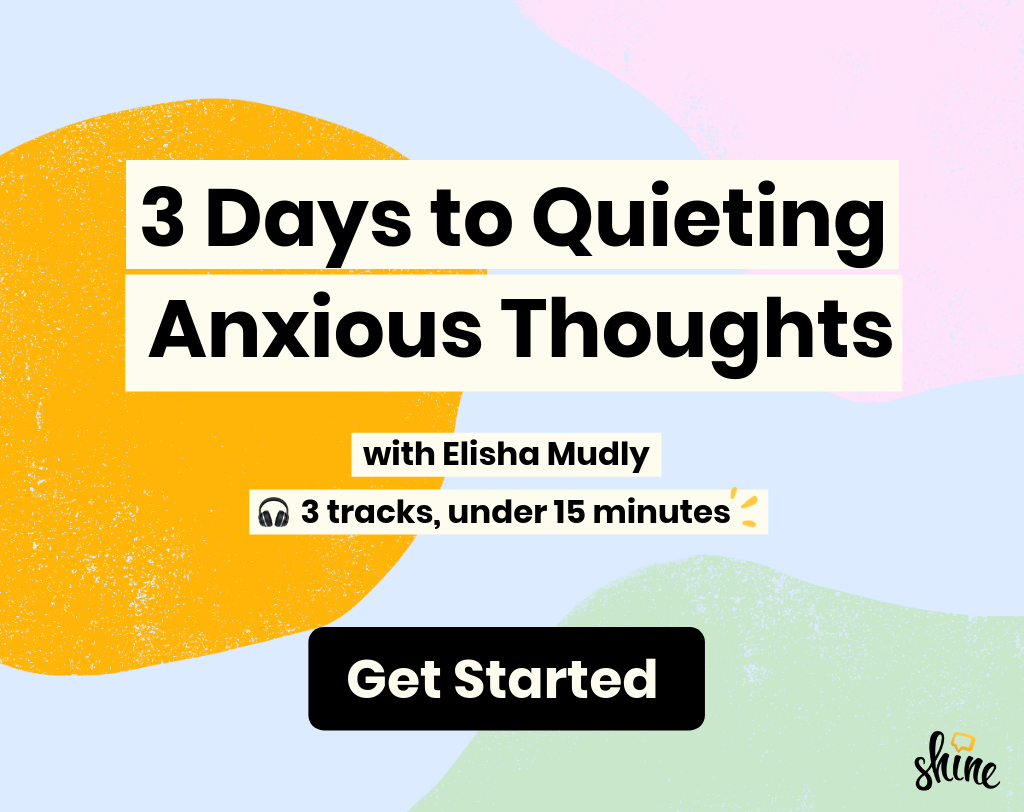How to Turn People Watching Into a Self-Care Practice
April 25, 2019
It’s the purest form of self-discovery. It’s not meditation or journaling, though those things help. Introverts are naturally better at it than extroverts, but this skill requires development and fine-tuning regardless of your raw aptitude.
I call it active observation. You might call it people-watching, but it’s not the passive form of people watching you associate with this activity. Think of it as people-watching with purpose.
Improving your observational powers may not sound compelling. It might even seem boring. I call it my secret weapon of personal development.
How often do you notice, question, and probe the experiences that happen around you? Most of us barely notice the treasure trove of learning opportunities from professional people watching.
Improving your power of observation will change that. Here’s how to sharpen your skill.
Pick a Location
Find a location with lots of people. I prefer coffee shops because you often find people engaged in discussion. You don’t have to wait for something to happen. There’s almost always a fascinating engagement to observe: relationship talk, family, work, and business to customer meetings.
I particularly like to observe job interviews. I’m not sure when job interviews at Starbucks became a thing, but you can learn a lot about power dynamics from observing these interactions.
If you have the time, snag a spot on a park bench, dog run, or stroll through a busy museum. The frequency of the activity won’t be as concentrated as a coffee shop or a bar, but it’s helpful to change things up and observe people in different environments.
Be Attentive
Make use of your senses: sight, sound, scent, and intuition. (You’ll have to do without touch for obvious reasons.) That said, if you’re actively engaged, you can feel the tension, connection, and disconnect of the people around you.
If you’re observing two people in conversation, it’s natural to focus on their words. Pay attention to changes in pitch. Notice the subtle changes in their body language. Did someone frown after a comment or arch an eyebrow? Did one of the participants place his coffee cup on the table a bit harder than necessary? Did you notice a power dynamic? Perhaps someone sunk into their chair after a disparaging comment.
We often allow these queues to pass with barely a hint of conscious awareness, but this information will prove critical when you get to the next stage.
If you can, scribble some of this information in a notebook so you can think about it later. I journal at night and use that time to analyze my observations. It’s this phase where you draw conclusions and glean the lessons.
Glean the lessons
Summarize the key points of your observation.
Condense your earlier notes into a few lines about your experience.
What emotions did I observe and what triggered them?
If you paid attention to body language and the nuances of speech, you should be able to discern general emotions. You may not be able to determine specific labels (shame, anger, joy), but you should be able to pinpoint degrees of positive, negative and neutral.
How would I have responded in the same situation?
Pretend that you were one of the participants and run through the scenario. How would you have reacted to the same stimuli?
How have I responded in past similar situations?
This is a reality check. The answer to the previous question often yields how you wish you would respond in that circumstance. You may not find a situation that exactly matches what you observed, but you should find similar conditions if you peer into your memory banks.
Compare your answers to the previous questions. Answer two of the following questions.
●︎ What did you learn, confirm or disprove?
●︎ What did it show you about human nature?
●︎ Did it make you question a current belief? How so?
●︎ What can you conclude as a result of this experience?
Bonus: Write About It
In my early days of writing, I would use the results of this exercise as input for my stories. I still do that though not as much. Writing helps crystallize the lessons.
You’ll also notice that patterns emerge. Situations repeat themselves. The individual details won’t match, but generalized situations recur. You will also find most people react the same way to similar circumstances. Not always, but it happens enough to give the appearance of a pattern.
You’ll also understand how you act in these situations. By playing these scenarios in your head, you’ll recognize them when they occur. You can then act with intention rather than reflex.
This article originally appeared on Medium.
Read next: 15 Unconventional Ways to Relax
Today's recommended meditation:

Shine is supported by members like you. When you buy through links on our site, we may earn an affiliate commission. See our affiliate disclosure for more info.

